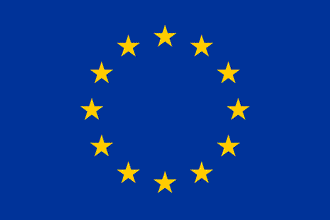 Chinese phone maker Huawei is planning a campaign to win over US consumers, rolling out new mobile phones and wearable devices backed by a marketing effort.
Chinese phone maker Huawei is planning a campaign to win over US consumers, rolling out new mobile phones and wearable devices backed by a marketing effort.
It is a brave move considering that it was only two years ago that the company was branded a spy by US senators who knew at the time that there stance was a case of the kettle calling the pot black.
China’s second-largest smartphone maker, already with more than $40 billion in annual revenue from a wide range of telecom gear and products, is preparing to introduce Americans to several of its smartphones and wearable devices this year, including its youth-oriented “Honor” phone.
Huawei’s US spokesman Bill Plummer said the company’s 2015 US plans will include traditional advertising, online promotion and sports team sponsorships.
He said the company wanted to change its marketing approach to shed its image as a purveyor of cheap technology products.
In December, it touted its new Honor 6 Plus phone on a billboard in New York’s Times Square. Plummer said that was “a sign of things to come”.
He declined to say how much Huawei will spend on its new marketing campaign or what sports team, or teams, it had in mind. In the UK it already sponsors Arsenal, cricket teams in India and rugby clubs in Australia.
At the Mobile World Congress over the weekend in Barcelona, Huawei took the wraps off a smartwatch that will be sold in over 20 countries including the US.
Huawei now intends to appeal directly to consumers with several new phone models, both low end and high end. It hopes to secure deals with carriers, selling online through marketplaces, such as the one operated by Amazon.com, and on its own fledgling gethuawei.com US direct-sales website.
US senators are mostly concerned with Huawei’s networking equipment, but in consumer land, Huawei has a huge problem with brand recognition.
 Yan Lida, president of enterprise business group, Huawei, started its Eco-Connect Europe’s second day here, in Paris, today.
Yan Lida, president of enterprise business group, Huawei, started its Eco-Connect Europe’s second day here, in Paris, today.













